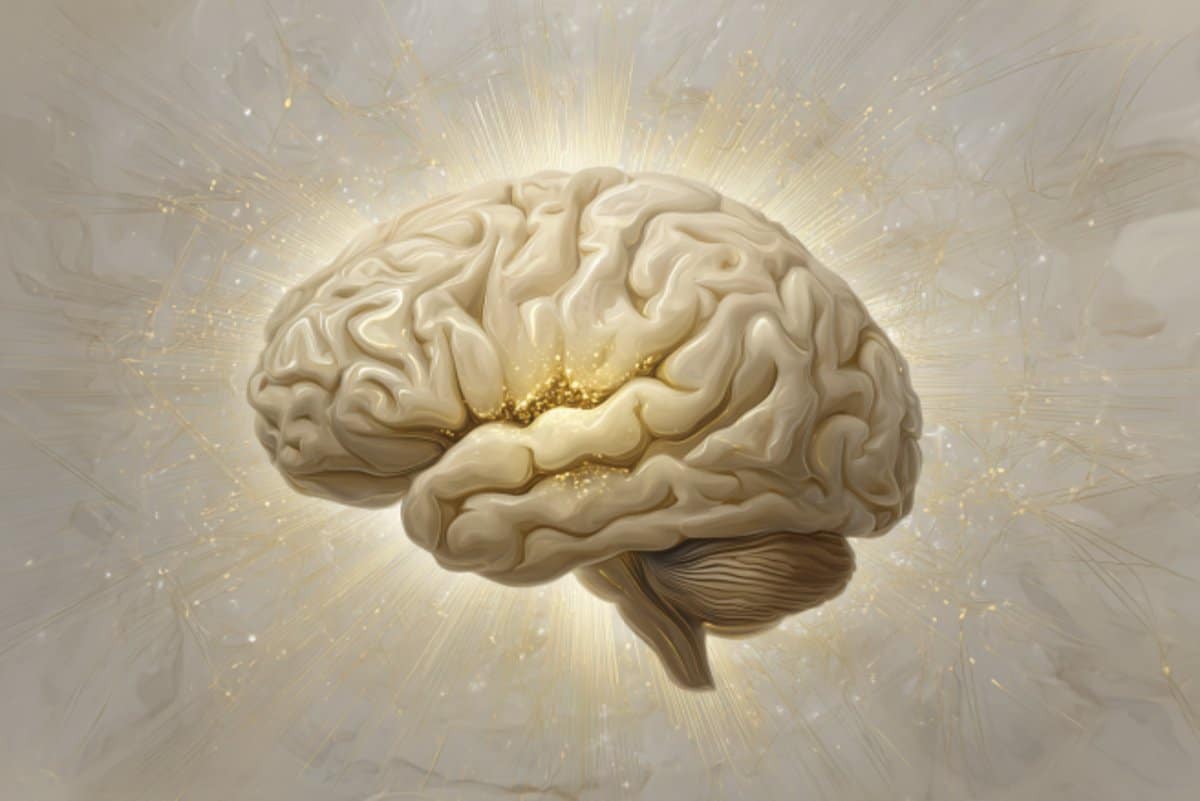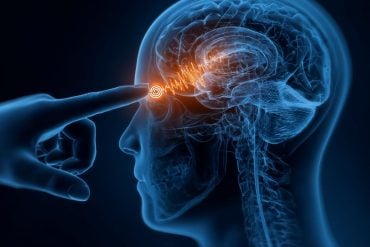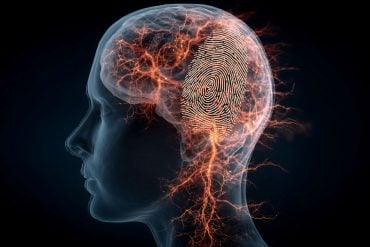Summary: A new study uncovers how brain anatomy relates to social dominance in primates. Researchers found that the uncinate fasciculus, a tract tied to emotion and memory, strongly correlated with dominance behaviors in squirrel monkeys.
This link was especially pronounced in the right hemisphere, aligning with human findings on social aggression. The results suggest an evolutionarily conserved brain pathway underlying dominance across species.
Key Facts:
- Dominance Correlates: Right uncinate fasciculus strength linked to higher social rank.
- Behavioral Traits: Measures included aggression, hierarchy, and submission.
- Cross-Species Insight: Findings mirror human studies on dominance and aggression.
Source: SfN
In a new Journal of Neuroscience paper, Julie Royo, from the Institute of Cerveau, and colleagues explored the neuroanatomy that underlies social dominance in nonhuman primates.
The researchers focused on brain tracts associated with human emotion, motivation, and memory as they assessed structural brain properties and behavioral measures of social dominance in 15 squirrel monkeys.

These behavioral measures were related to hierarchy, aggression, and submission.
Royo and colleagues found that one of the brain tracts they focused on—the uncinate fasciculus—highly correlated with their social dominance measures.
This correlation was particularly true for the uncinate fasciculus in the right hemisphere of the brain.
These findings support human studies linking this brain region to social aggression, suggesting this may be an evolutionarily conserved substrate for social dominance across species.
About this social neuroscience research news
Author: SfN Media
Source: SfN
Contact: SfN Media – SfN
Image: The image is credited to Neuroscience News
Original Research: Closed access.
“Evidence for an Evolutionary Continuity in Social Dominance: Insights from Nonhuman Primates Tractography” by Julie Royo et al. Journal of Neuroscience
Abstract
Evidence for an Evolutionary Continuity in Social Dominance: Insights from Nonhuman Primates Tractography
The dynamics of social dominance play a significant role in regulating access to resources and influencing reproductive success and survival in non-human primates.
These dynamics are based on aggressive and submissive interactions which create distinct, hierarchically organised social structures.
In humans, whose social behaviour is similarly organised, the use of brain imaging based on tractography has identified key neuronal networks of the limbic system underlying social behaviour.
Among them, the uncinate fasciculus and the cingulum bundle, have been associated with aggression and some disorders such as psychopathy.
In this study, we have used advanced tractography to study the anatomy of connections underlying social dominance in a colony of 15 female squirrel monkeys (Saimiri sciureus).
We correlated biostructural properties of the uncinate fasciculus and cingulum with behavioural hierarchy measures while controlling for factors such as age, weight, handedness, brain size, and hormonal influences. The fornix, a limbic connection involved in memory, was also included as control tract.
Our findings indicate a significant correlation between the integrity of the right uncinate fasciculus and social dominance measures, including normalised David’s scores, aggressive behaviours, and submissive behaviours.
Trends observed in the left uncinate fasciculus hint at potential bilateral involvement with a right hemispheric lateralisation.
These results are consistent with human studies linking the uncinate fasciculus to social aggression and disorders, suggesting an evolutionary continuity in the neuro-anatomical substrates of social dominance back to at least 35 million years.






